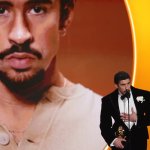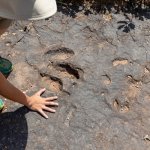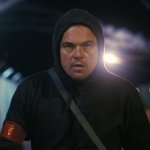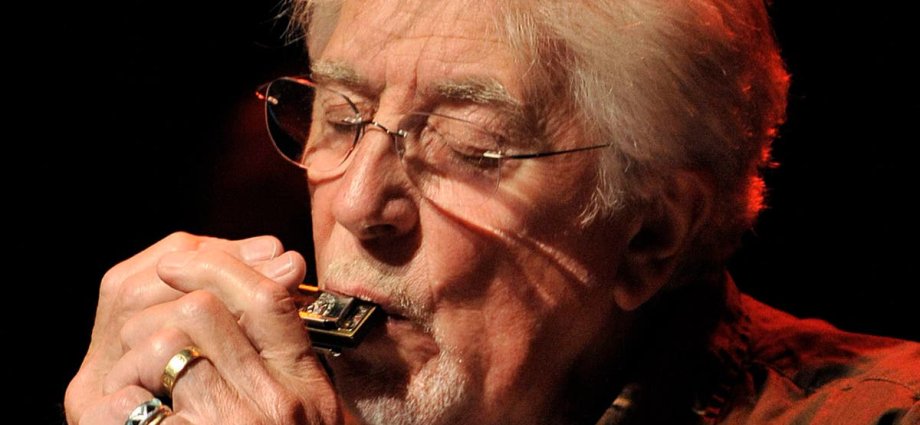John Mayall, the revered British blues musician whose band the Bluesbreakers provided a springboard for stars including Eric Clapton and Mick Fleetwood, has died aged 90.
The news of his death was announced via his Instagram page on Tuesday (23 July) stating that he died on Monday at his home in California.
“Health issues that forced John to end his epic touring career have finally led to peace for one of this world’s greatest road warriors,” the statement said.
Described as the godfather of British blues, Mayall is credited with helping to develop the British take on Chicago-style rhythm and blues that helped steer the blues revival of the late Sixties.
He was born in Macclesfield and grew up in Manchester, founding the Bluesbreakers in the Sixties.
“The only reason I was born in Macclesfield was because my father was a drinker, and that’s where his favourite pub was,” he once said.
His father also played the guitar and banjo, and his records of boogie-woogie piano captivated his teenage son, who learnt to play the piano one hand at a time (a year on the left, then a year on the right) so he “wouldn’t get all tangled up”. He also performed on the guitar and harmonica, and sang in a distinctive, strained-sounding voice.
He moved to London in 1962 with the aim of soaking up the nascent blues scene led by Alexis Korner and Cyril Davies.
At the time, he told The Guardian in a 2014 interview, the scene in America was racially segregated but, in Europe and England, “the black blues began to be heard by an audience that was not listening to them in America”.
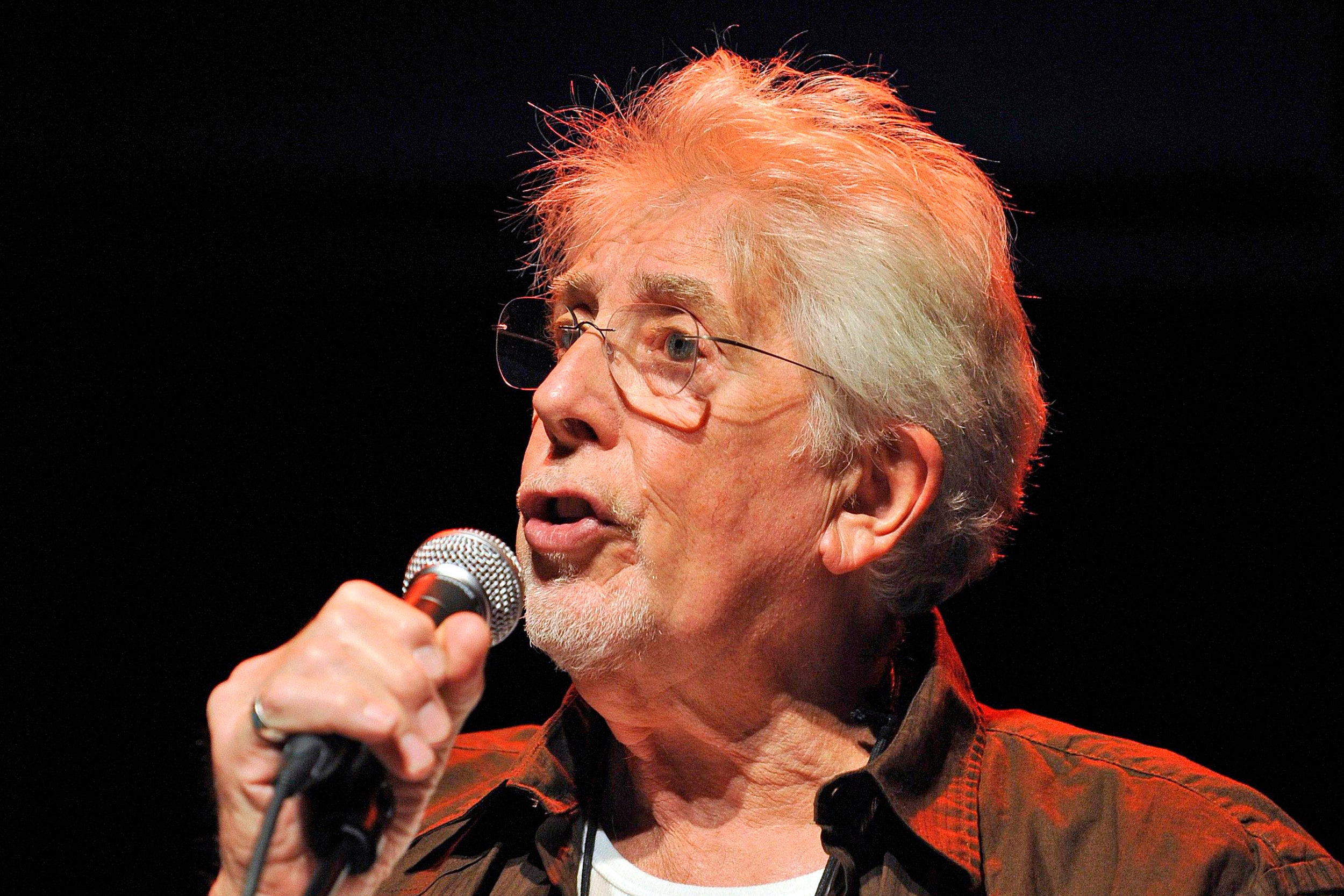
Over the years, the Bluesbreakers’ members included Clapton and Jack Bruce, who went on to form Cream; Mick Fleetwood, John McVie and Peter Green of Fleetwood Mac; Mick Taylor, who played five years with the Rolling Stones; Harvey Mandel and Larry Taylor of Canned Heat; and Jon Mark and John Almond, who went on to form the Mark-Almond Band.
Clapton joined in 1965 after quitting the Yardbirds, having been unhappy with his former band’s creative direction. He recalled that Mayall had “the most incredible collection of records” he had ever seen.
Interviewed for a BBC documentary on Mayall in 2003, he confessed that “to a certain extent I have used his hospitality, used his band and his reputation to launch my own career,”
“I think he is a great musician. I just admire and respect his steadfastness,” Clapton added.
Mayall often rejected the suggestion that he was a “talent scout”, instead calling himself a band leader who knew “what I want to play in my band”.
“It’s definitely a family. It’s a small kind of thing really,” he told the Southern Vermont Review.

He moved to Los Angeles in 1969 and continued to lead bands, as well as releasing dozens of albums and touring around Europe and the US. Despite his renown, he was vocal about feeling underappreciated by the music industry, telling the Santa Barbara Independent in 2013: “I’ve never had a hit record, I never won a Grammy Award, and Rolling Stone has never done a piece about me.
“I’m still an underground performer.”
He continued with live performances well into his eighties. Asked about his prolific nature, he told The Guardian: “To be honest, I don’t think anyone really knows exactly what it is. I just can’t stop playing it.”
Mayall was appointed an OBE (Officer of the Order of the British Empire) in 2005, and was selected for the Rock and Roll Hall of Fame class of 2024.
He is survived by his six children, seven grandchildren and four great-grandchildren, the family statement said.
“He is also surrounded with love by his previous wives, Pamela and Maggie, his devoted secretary, Jane, and his close friends,” it added.
“We, the Mayall family, cannot thank his fans and long-list of band members enough for the support and love we were blessed to experience secondhand over the last six decades.”
Additional reporting by Associated Press





